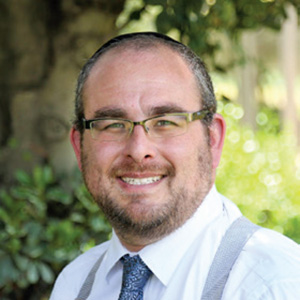
Yisroel Picker has put together some guidelines for parents and children regarding technology and online behavior and relationships. In light of recent events in the media, these are lessons that we as a community need to teach our children, as well as ourselves.
Nothing Online Is Private
This is something that not only do we need to teach our children, but we ourselves also need to recognize. Nothing online is private. Anything we send online has the potential to be made public. We can never be sure who is at the other end of the message we sent. We don’t know who might find a lost phone. We never know if someone is peeking over a shoulder.
Someone might even be viewing a snapchat in one hand while recording it with a camera in the other hand.
If you don’t want it to become public, don’t send it via SMS, MMS or any other digital or online method.
Maybe you will want to take it one step further. Assume that anything you send online will one day become public.
Avoid the Quicksand
Let me explain what I mean. You do something wrong. You know you might get into trouble for it. Don’t do something even worse in an attempt to avoid getting into trouble for the smaller infraction.
And in a situation where you are being blackmailed, do not do something that will give the blackmailer more ammunition!
I have heard about children online being blackmailed into sending pictures online. Sometimes the blackmailer has actual pictures, sometimes they bluff. Nevertheless, one (child or adult) should never give something that can be used against them when being blackmailed.
How Parents Should Approach The Subject With Their Children
The issue that I am hearing from parents is a legitimate one. How can I discuss these issues with my children? I don’t want to give off the impression to them that I think they are doing the wrong thing online and I don’t want to give off the impression that I am ok with them speaking with girls/boys online.
To people with this concern I suggest that you make these lessons more general.
For example:
Don’t send an email making fun of a teacher if you don’t want the teacher to ever see it.
Don’t send a video doing something that will embarrass you if grandma ever saw it.
Don’t agree to do something wrong/illegal because someone is threatening to harm you (or your reputation) if you don’t.
If someone is willing to blackmail you because they have something against you, giving them more that they can use against you will only make things worse.
Let’s try to make this a teaching moment that protects our children without causing them too much fear, panic, anxiety and distrust.
Yisroel Picker is a social worker who lives in Jerusalem. He has a private practice that specializes in working with people of all ages, helping them understand their own thought processes, enabling them to improve their level of functioning, awareness, social skills and more.
To speak with Yisroel about speaking at a child safety event or to discuss a personal case, email him at [email protected].













